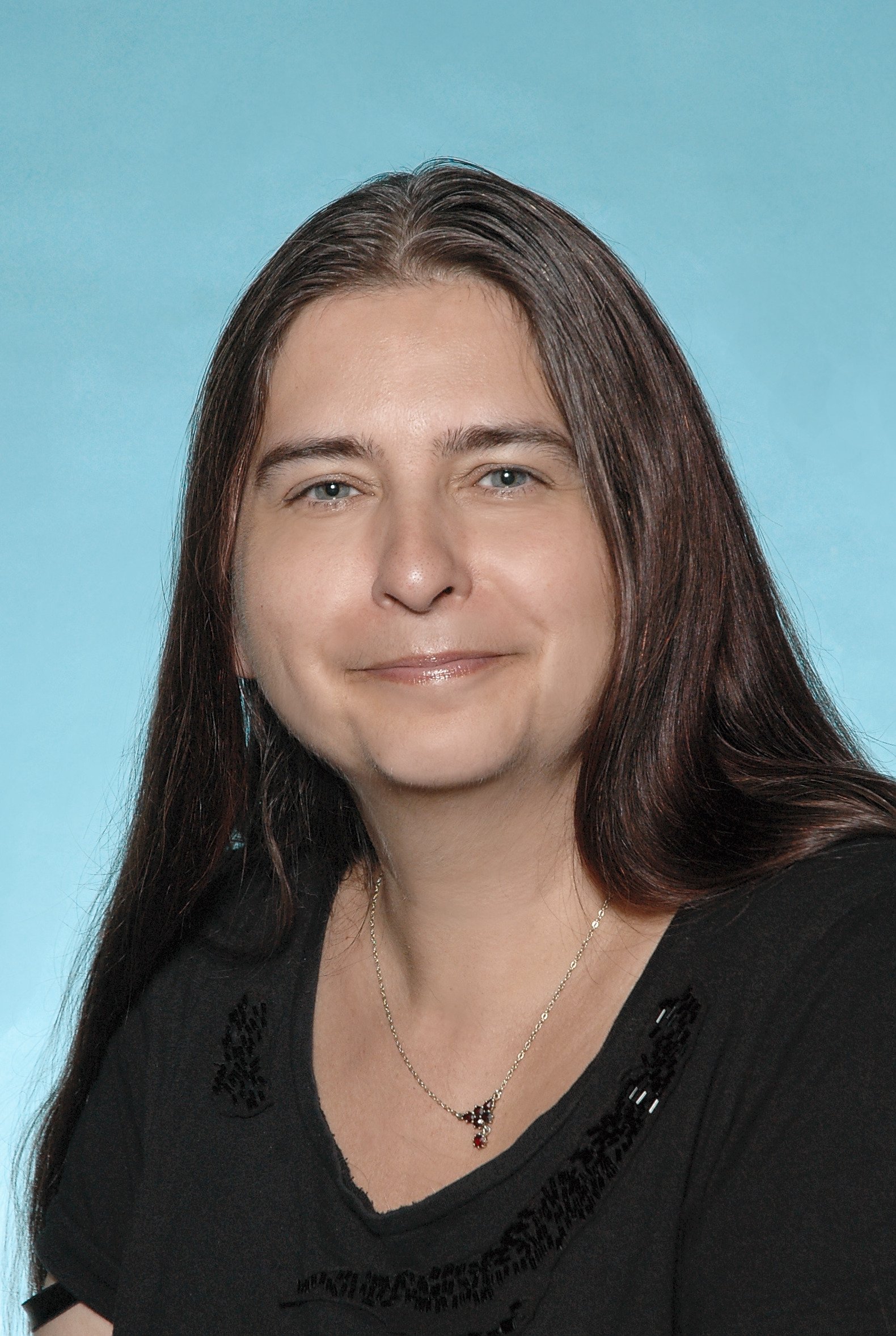Women of ERCOFTAC
Interview with Šárka Nečasová
Šárka Nečasová since 2010, she has been the Head of the Department of Evolution Differential Equations at the Institute of Mathematics,
Czech Academy of Sciences.
Through her long, successful career, Šárka has gained many prestigious fellowships and awards,
such as the Praemium Academiae in 2021, by the Czech Academy of Sciences and the Giovanni Prodi Chair,
University of Würzburg, Germany in 2018.

What is your academic background?
For over 30 years I have been working on many international projects supported by the Czech Grant Agency, DAAD, and CNRS.
From 1988 - 1991 I was a PhD student at the Faculty of Mechanical Engineering in the Czech Technical University in Prague under the supervision of Prof. Neustupa and Prof. Kozel.
My Ph.D. thesis dealt with the theory of multipolar fluids and the numerical solution of the Navier-Stokes equations by finite volume.
From 1991-1995, I was an Assistant Professor at the Department of Mathematics, Faculty of Mechanical Engineering, Czech Technical University, Prague. Now I am the Head of the Department of Evolution Differential Equations at the Institute of Mathematics, Czech Academy of Sciences.
What is your research specialism?
My field of research is the mathematical analysis of qualitative and quantitative behaviours of the motion of fluid and the problem of fluid-structure interaction and possible applications in biomedicine or industry.
Precisely I am working on the following problems:
- Using the singular limit rigorous derivation of the model and qualitative mathematical analysis of them.
- Mathematical analysis of compressible fluid at fixed domain or time-dependent domain.
- Mathematical analysis of the model describing the multicomponent fluids.
- Mathematical analysis of the problem of fluid-structure interaction: incompressible/compressible fluid with structure(rigid/elastic), including the stability of the problem.
What projects are you working on currently?
I’m working on Praemium Academiae, devoted to the mathematical analysis of compressible and incompressible fluids and fluid-structure interaction with the extension to application to biomedicine and industry.
Another project is funded by the Czech Grant Agency, which focuses on the problem of mathematical and numerical analysis of compressible fluids.
I am also a member of a bilateral project between the Czech Republic and South Korea devoted to the problem of incompressible/compressible fluid with magnetic fields.
Was there a woman who inspired you to get into your field?
The late Prof. Mariarosaria Padula and Prof. Adelia Sequeira have both shown me that it is possible to do research at an international level as well as have a family.
Introducing me to the field of compressible fluids, Mariarosaria Padula (University of Ferrara) was my supervisor during my postdoc in Italy. She was always very enthusiastic, full of energy and support for people.
Prof. Adelia Sequeira was my advisor during my postdoc stay in IST, Lisbon. She is not only a specialist in her field but also extremely “human”, helping and supporting young researchers and giving them very important advice. She taught me about modelling and its application in medicine.
What motivates you to work on fluid mechanics, or what you find fascinating about it?
Fluid mechanics is a very interesting field. During my studies, I was inspired by a fascinating series of lectures by Prof. Feistauer at Charles University and by Prof. Polasek at Czech Technical University.
Fluid mechanics is a gateway to many disciplines - chemistry, biology, plasma physics- and I like this interdisciplinarity. In terms of biology and medicine it seeks to explain how we breathe, how we talk, blood flow, etc.
What advice would you give to young women wanting to get into STEM?
My research experience started during my study at Charles University - when we were a satellite of the Soviet Union. I was initially accepted to the Institute of Mathematics when I was expecting my first baby, which was ground-breaking at the time. Of course, many people gave me the classic “you can’t have a family and a career” but I wanted to have both.
My advice is that it is possible to work in the sciences on the global stage but never let negative “opinions” hold you back. There are always people ready to help.
What are the benefits of being a member of ERCOFTAC?
ERCOFTAC offers many opportunities for study - conferences, summer schools, networking and learning about scientific methods, and new results.
